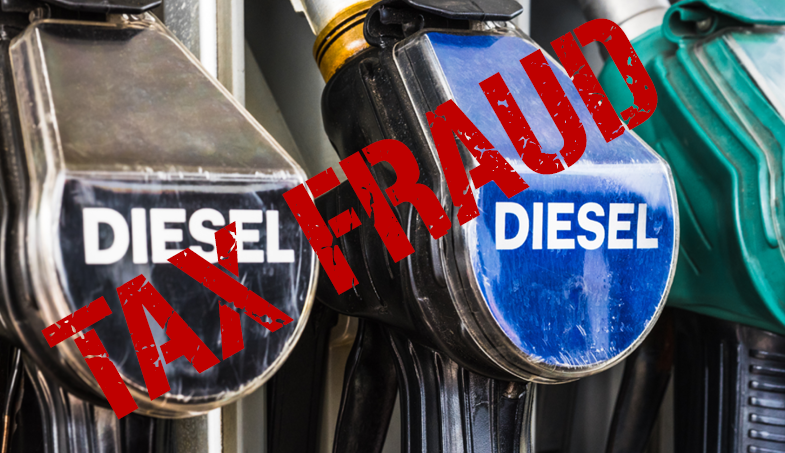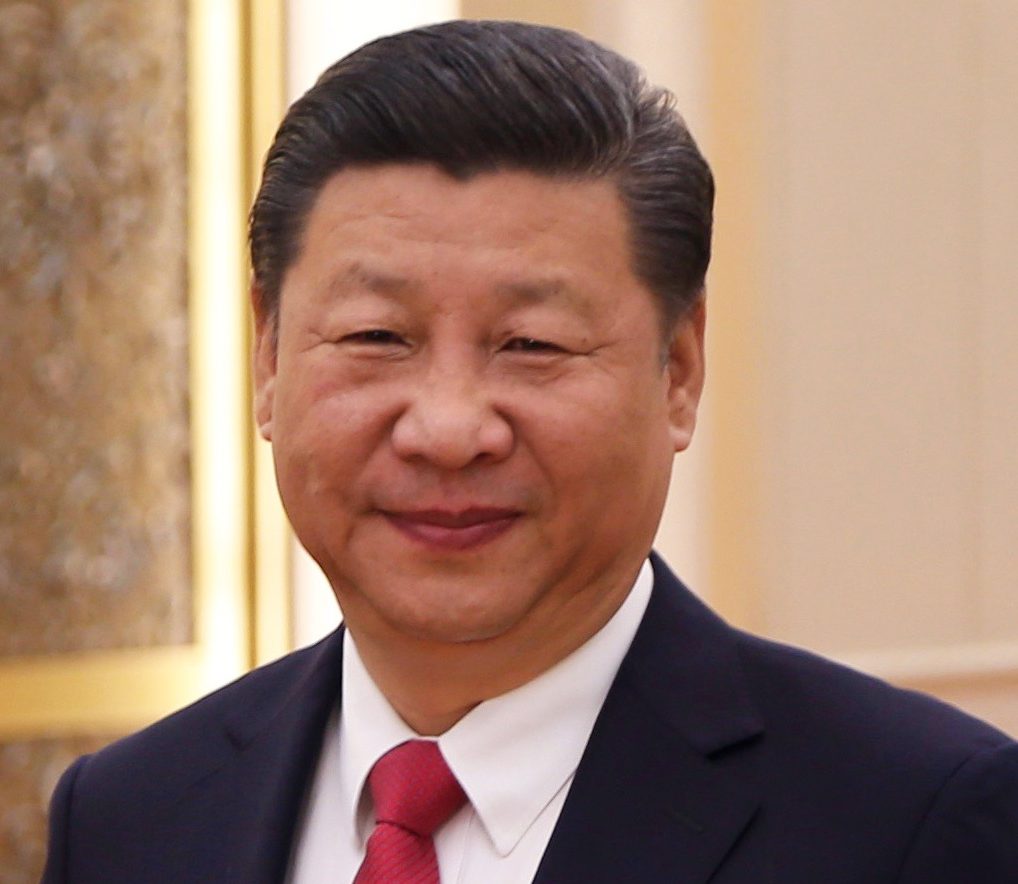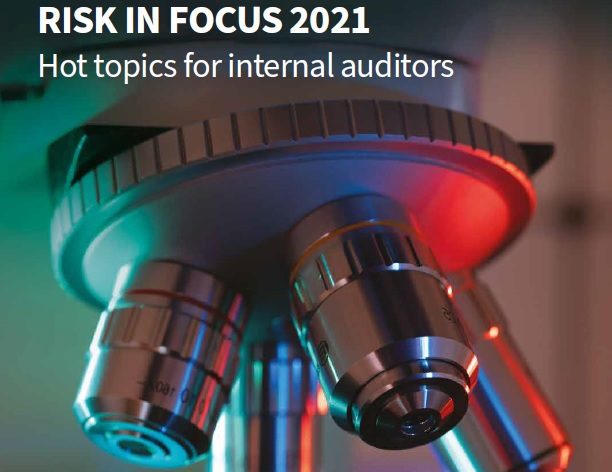by Dina-Perla Portnaar
Risk, governance and compliance in the financial sector remain our flagship. Banking and finance has been part of our DNA for many years. The publisher of the Risk & Compliance Platform Europe, Michel Klompmaker, used to be the publisher of a title – literally – called Banking & Finance. On top of that, the Risk & Compliance Platform Europe has a community of excellent relations with many leaders, top decision makers, professionals and regulators in the financial world. Also, in the past sixteen years, the domains in which I worked the most have been IT/tech and finance. With that said, some of our readers aren’t aware of the fact that the Risk & Compliance Platform Europe has a global community in all sorts of verticals. It focuses on risk and integrity in a broader sense – healthcare, export, logistics, customs, property and housing associations, entrepreneurship, government, managing consulting, social, society and so on and so forth. The field of risk and integrity opens up discussions on behaviour within a variety of private and public institutions and on an individual and collective level. The Risk & Compliance Platform Europe is not just about the business world. Continue reading…









